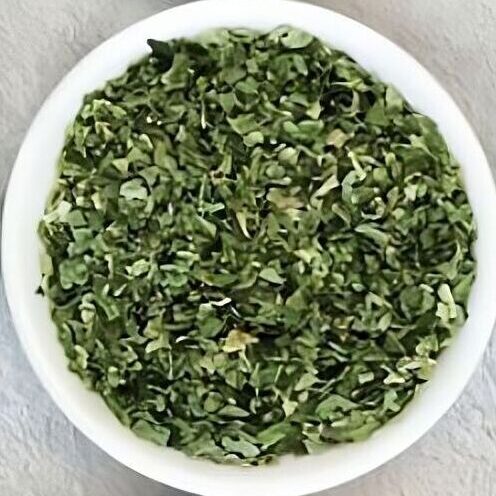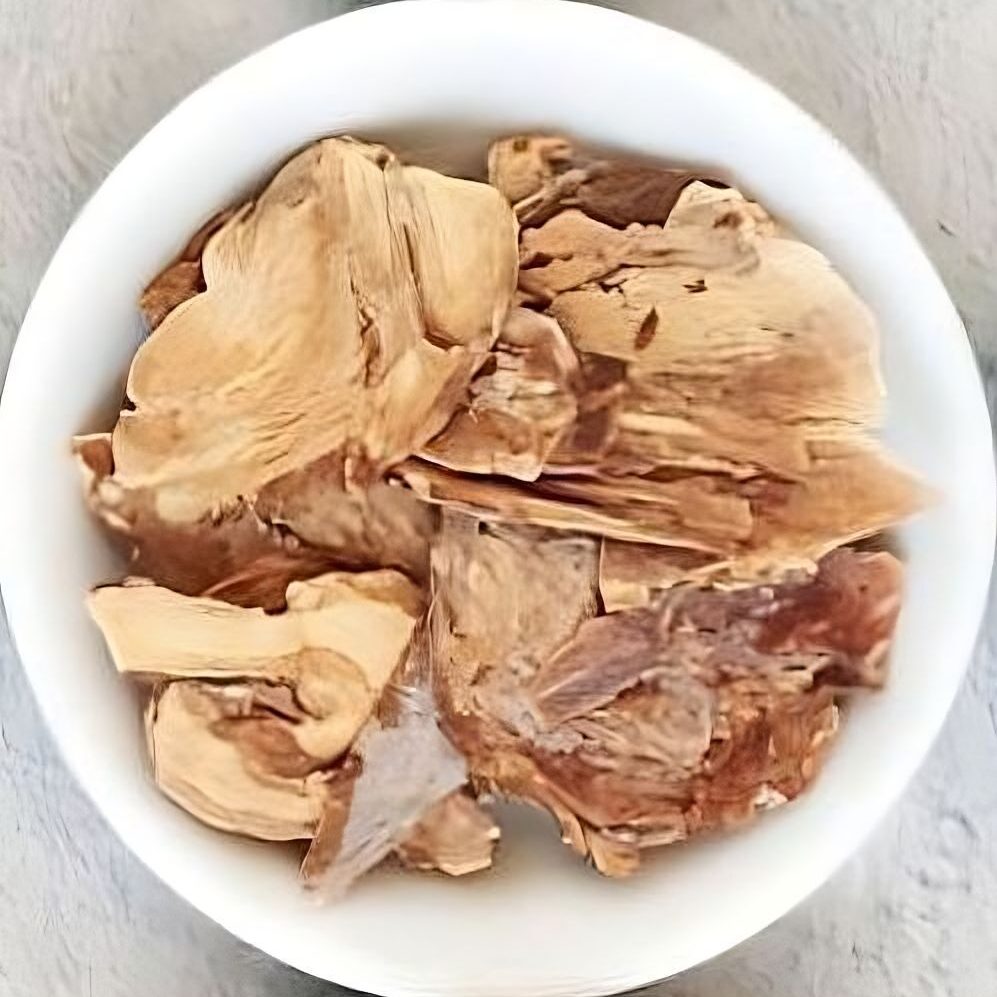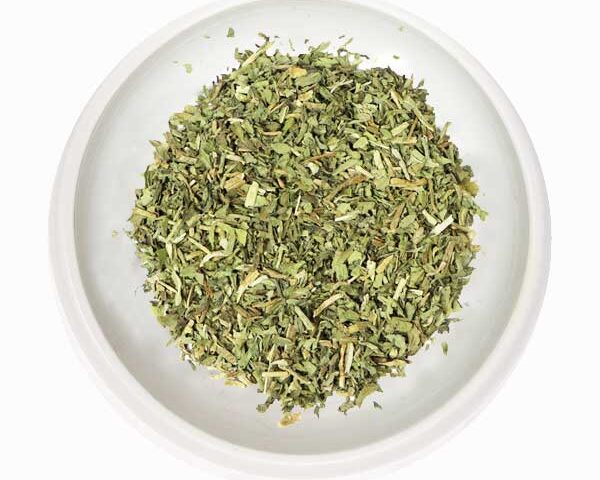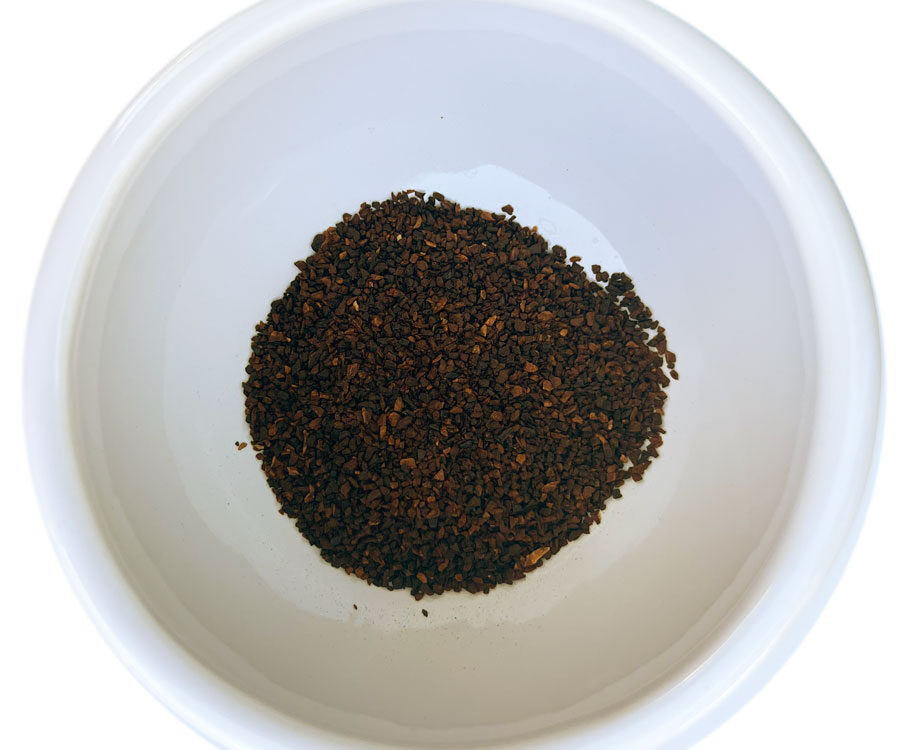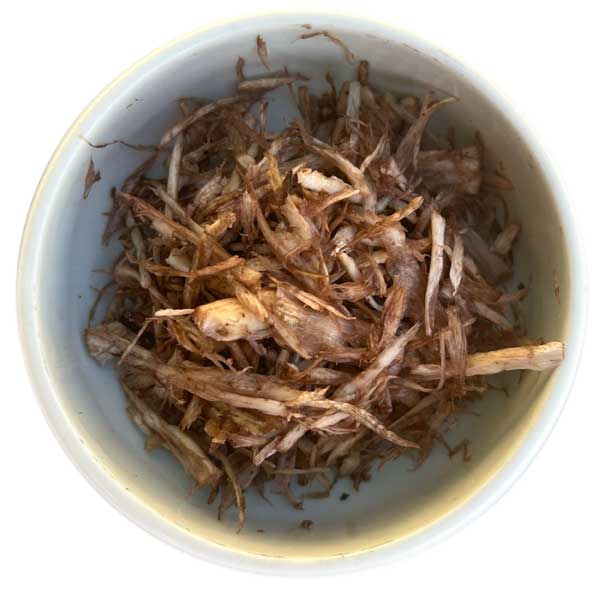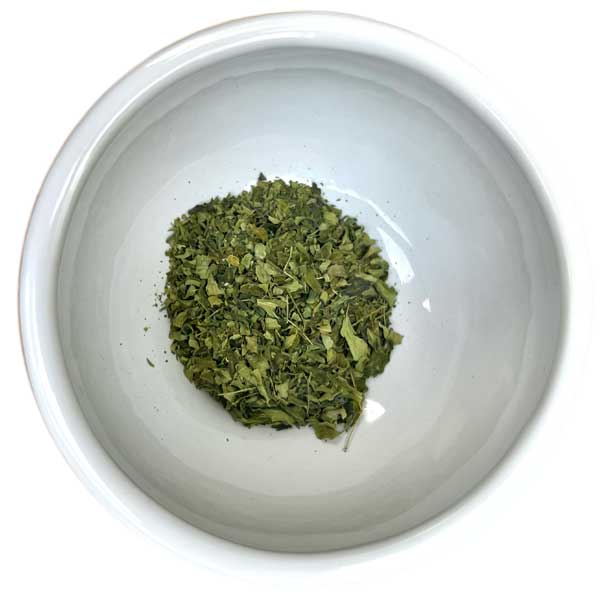Dandelion Tea
Brewing Temperature: 100ºC/212ºF
The dandelion is much more than simply a yard weed. In truth, dandelion has been grown for generations for both culinary and medical purposes. Recently, modern science has even started to support some of the traditional uses for dandelion.
In North America, dandelion is quite prevalent, and the majority of individuals can identify it at a glance. It is a resilient plant that flourishes while others struggle in locations with little sunlight. Dandelion tea can be made from all parts of the plant, including the flowers, leaves, and roots.
Here are some of the advantages of drinking dandelion tea:
Dandelion tea is high in nutrients, including vitamins A, C, and K, and minerals like iron, calcium, and potassium.
Dandelion tea has traditionally been used as a digestive aid because it can stimulate the production of digestive juices and help promote healthy bowel movements.
Dandelion tea has been shown to have liver-protective properties, as it can stimulate the production of bile, which aids in removing toxins from the liver.
Dandelion tea may help lower blood sugar levels: According to some studies, dandelion tea may help lower blood sugar levels in people with diabetes.
Dandelion tea acts as a natural diuretic, increasing urine production and possibly reducing bloating and water retention.
Dandelion tea contains compounds shown to have anti-inflammatory properties, which may help reduce inflammation in the body.
Note: With any herbal, it's always best to speak with a healthcare provider before using it for medicinal purposes.

